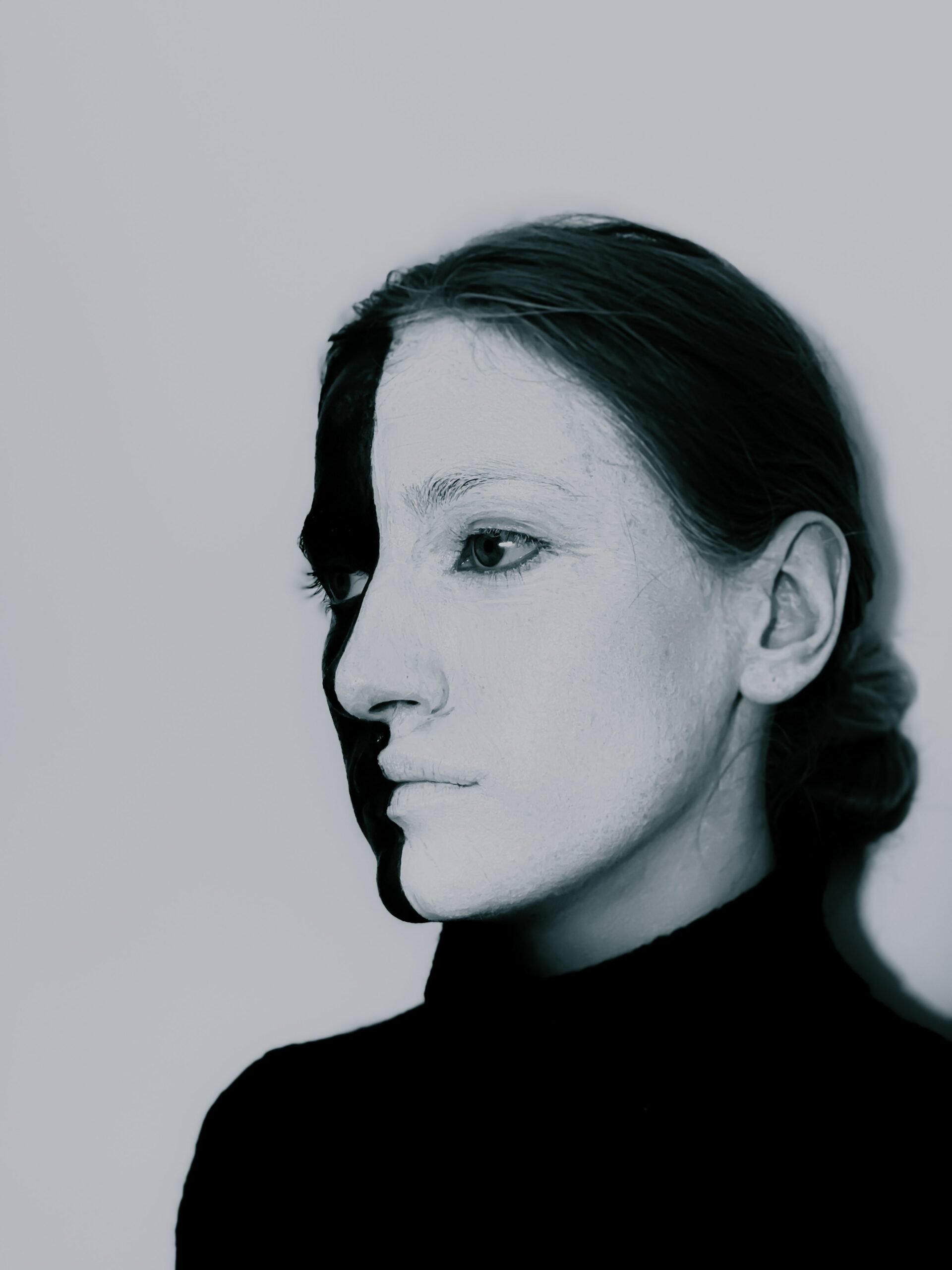Never make modifications or stop taking drugs on your own. If you discontinue your medicine, you may suffer withdrawal symptoms, or your symptoms may worsen or recur. For example, you may experience severe depression, suicidal ideation, or a manic or hypomanic episode. Call your doctor if you believe you need to make a change.
Psychotherapy
Several types of therapy may be beneficial in treating Bipolar Disorder. These are some examples:
Therapy for interpersonal and social rhythms (IPSRT). IPSRT focuses on establishing a consistent sleeping, eating, and exercising pattern to control your moods.
Cognitive-behavioral treatment (CBT) (CBT). CBT can assist in determining what triggers your bipolar episodes by recognizing unhealthy, negative attitudes and behaviors and replacing them with healthy, good ones. You will also learn efficient stress management techniques and deal with stressful events.
Dialectical Behavior Therapy (DBT) emphasizes mindfulness and acceptance skills such as “the ability to experience moment-to-moment thoughts, emotions, and their accompanying bodily sensations from an observer’s viewpoint, without negative judgment.” It includes both individual and group therapy.
Psychoeducation. Learning about Bipolar Disorder might help you and your loved ones better comprehend the illness. Knowing what’s going on can help you obtain the best assistance, identify problems, create a plan to avoid relapse, and stay on track with treatment.
Family-centered therapy. Family support and communication can help you stay on your treatment plan and help you and your loved ones notice and handle mood swing warning signs.
Alternative and Future Bipolar Disorder Treatments
“Treatment for bipolar disease frequently necessitates a multipronged strategy,” explains Dr. Samuel. In addition to taking your meds and attending regular treatment sessions, factors like adopting a healthy sleep routine and reducing or eliminating drug and alcohol usage can be beneficial.
Natural Supplements
Some people use herbs (St. John’s Wort), nutritional supplements (vitamin D), hormones (DHEA), and omega-3 fatty acids to treat their symptoms, although evidence is inconsistent. A comprehensive meta-analysis was undertaken in 2013 discovered that some evidence is developing in favor of complementary-alternative treatments (CAM) for those who do not respond well to traditional pharmaceuticals or have terrible side effects. However, a 2018 assessment of data on drug-induced bipolar Disorder identified a causal association between mania and herbal supplements other than cannabis.
If you’re considering going natural, consult with your doctor first. Bipolar Disorder is a progressive illness, and symptoms can worsen if not treated with FDA-approved drugs or therapies.
Bipolar Disorder and Cannabis
Many persons with bipolar Disorder indicate that cannabis improves both depressed and manic symptoms, works better than traditional pharmaceuticals, and helps alleviate troublesome side effects from those prescriptions.
Despite these anecdotal claims, a 2020 assessment of data on cannabis’s medicinal efficacy in bipolar Disorder offered a more complicated picture.
While researchers discovered that medical cannabis provided short-term partial relief of clinical symptoms,15 another case study found that CBD treatment did not affect manic symptoms in two bipolar types I patients.
Another study found that cannabis use may aggravate manic symptoms and increase the probability of future manic episodes.
With these conflicting outcomes, more clinical trials are needed to understand better the role that marijuana may play in treating Bipolar Disorder. Among the upcoming trials are:
A randomized clinical trial to investigate CBD as an adjuvant treatment for bipolar Disorder has been filed.
